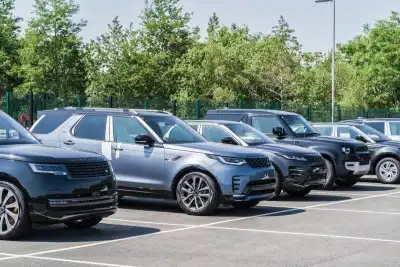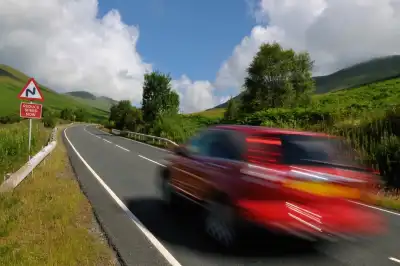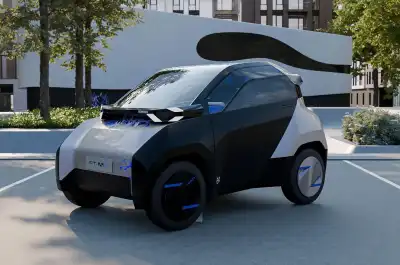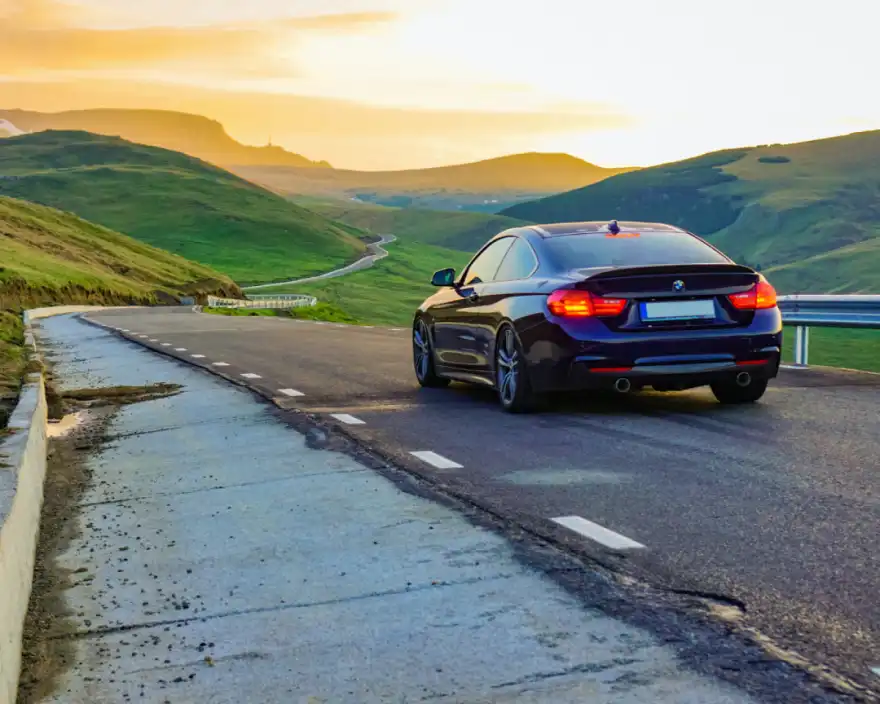
1. Check tyre pressures once per month
A flat tyre or tyres will mean your engine needs to work harder to reach and maintain the speed it otherwise would with tyres that are correctly inflated. Check the owner’s manual (or use Google) to find the optimum pressures for your car and make a point of doing it on the first weekend of every month.
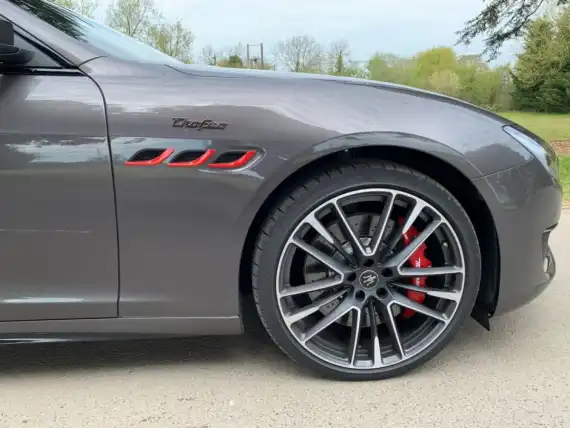
2. Use ‘Eco’ mode if your car has it
If your car has an 'Eco' mode we’d recommend using it for the vast majority of journeys. You won’t notice much difference, if any at all, in your car's performance and the settings will help to reduce fuel consumption.
3. Stick to speed limits
Sticking to speed limits should be done by all of us, at all times, for the obvious safety reasons. But if you really need persuading not to go at 80mph on the motorway as opposed to 70mph, then the DfT says this won’t only cost you points on your license, should you get caught, but your car will drink 10% more fuel, too.
4. Give yourself time
I’m sure we’ve all been in cars with other people and thought their driving style may be a little suspect. But it’s important to self-reflect, too. Looking ahead at traffic lights so you roll gently up to a red, opposed to braking heavily, as well as adopting a similar, gentle driving style for roundabouts and corners could help your fuel economy substantially.
One of the major barriers to a gentle driving style is being in a rush. Give yourself an extra five or ten minutes and you’ll find it much easier to manage your driving style.
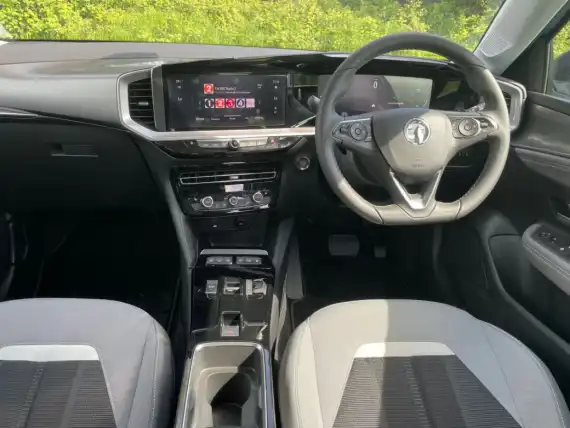
5. Use the highest gear possible
The RAC says the biggest secret to achieving high mpg (miles per gallon) is driving in the highest possible gear for your vehicle while keeping within the speed limit.
'The best advice in urban areas is to change up through the gears as quickly as you can with the lowest revs possible, probably at around 2000rpm,' it says.
6. Make sure the vehicle is running well
Regular maintenance and servicing improves the efficiency of your vehicle, and therefore can improve your fuel consumption.
7. Does lifting and coasting help fuel consumption? No
For many of us, lifting and coasting is a seen as a good fuel saving technique. But, as modern cars are fitted with Electronic Control Units (ECUs), this isn’t true.
ECUs reduce fuel use when the accelerator is not pressed. When you're in neutral, this disconnects the engine from the wheels which, with your foot off the accelerator, means the car cannot get the rotational power it needs from the wheel. In this case, it uses a small amount of fuel to keep the engine powered - essentially "idling" - rather than drawing the necessary power from the wheels.
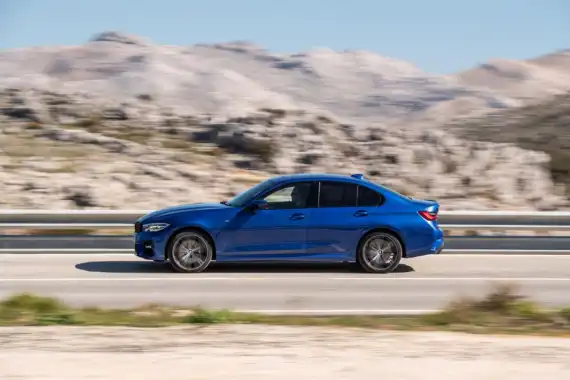
8. Use Cruise Control well
Cruise control is most likely to benefit mpg on motorways or roads with a constant speed and a flat surface.
However, if you were to use your cruise control regularly and not on flat roads, you would see fuel consumption increase.
'This is because your cruise control would be slower to react to gradient changes, meaning when reaching the brow of a hill – at which point you would normally take your foot off the accelerator to maintain more of a constant speed when descending – your cruise control will keep the power on for a little longer as it’s unable to see the gradient change in front of you. Driving in this way regularly would lead to worse fuel consumption,' says the RAC.
9. A warm engine is more efficient, so combine journeys
An engine will operate most efficiently when warm. So if you have several trips to make on one day, try to make them at the same time to both decrease overall mileage and increase the time spent running on a warm engine.

10. Lighten the load and reduce the drag
Do you carry unused roof bars or a roof box? Or is your boot filled with heavy and unused clutter? This all adds to the weight and drag of a car and increases your fuel consumption.
According to the Energy Saving Trust, an empty roof rack adds 16 percent drag when driving at 75mph. At the same speed a roof box adds 39 per cent, making your vehicle much less fuel-efficient.
Driving with an open window also has a similar effect, which many of us will be doing at the moment, in this heat.

